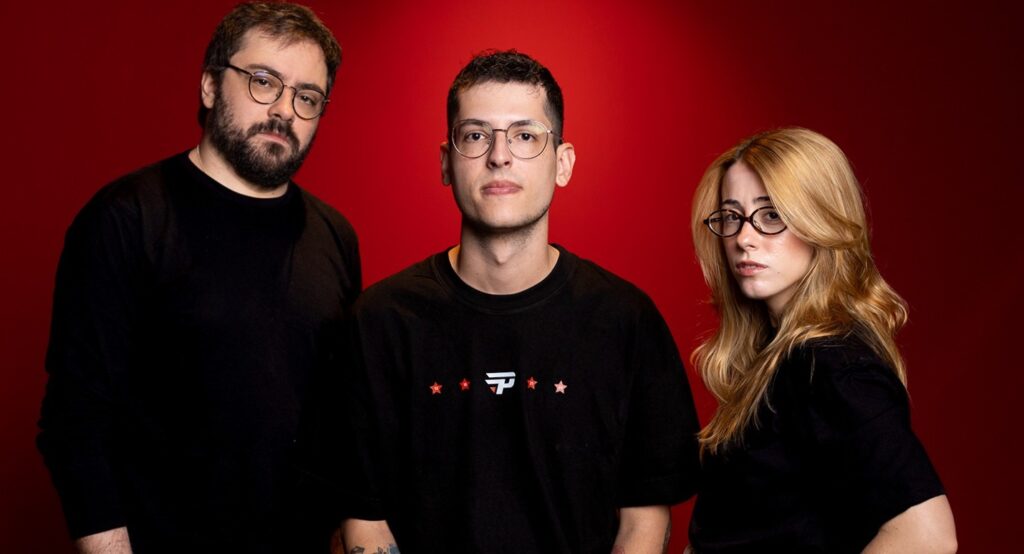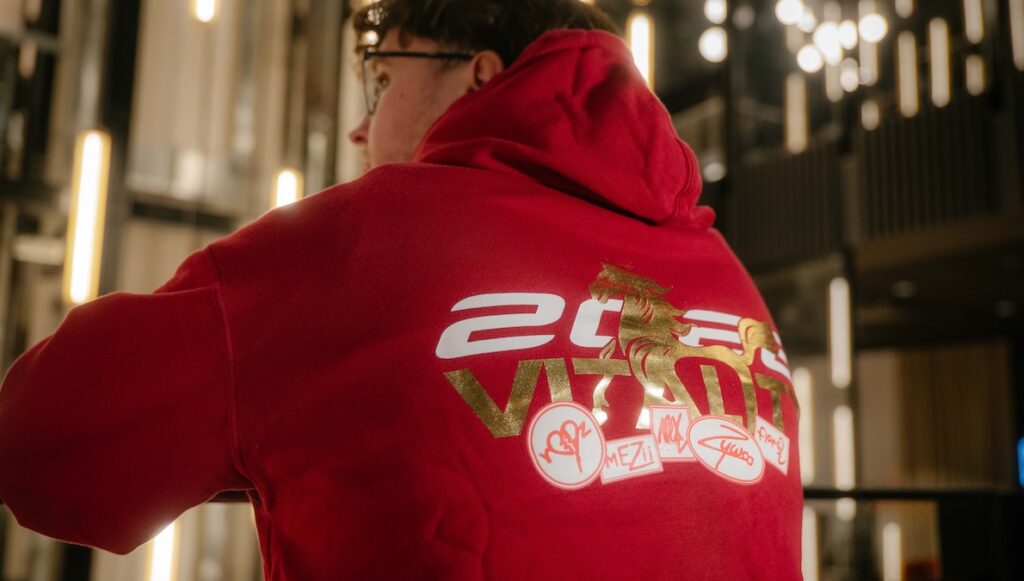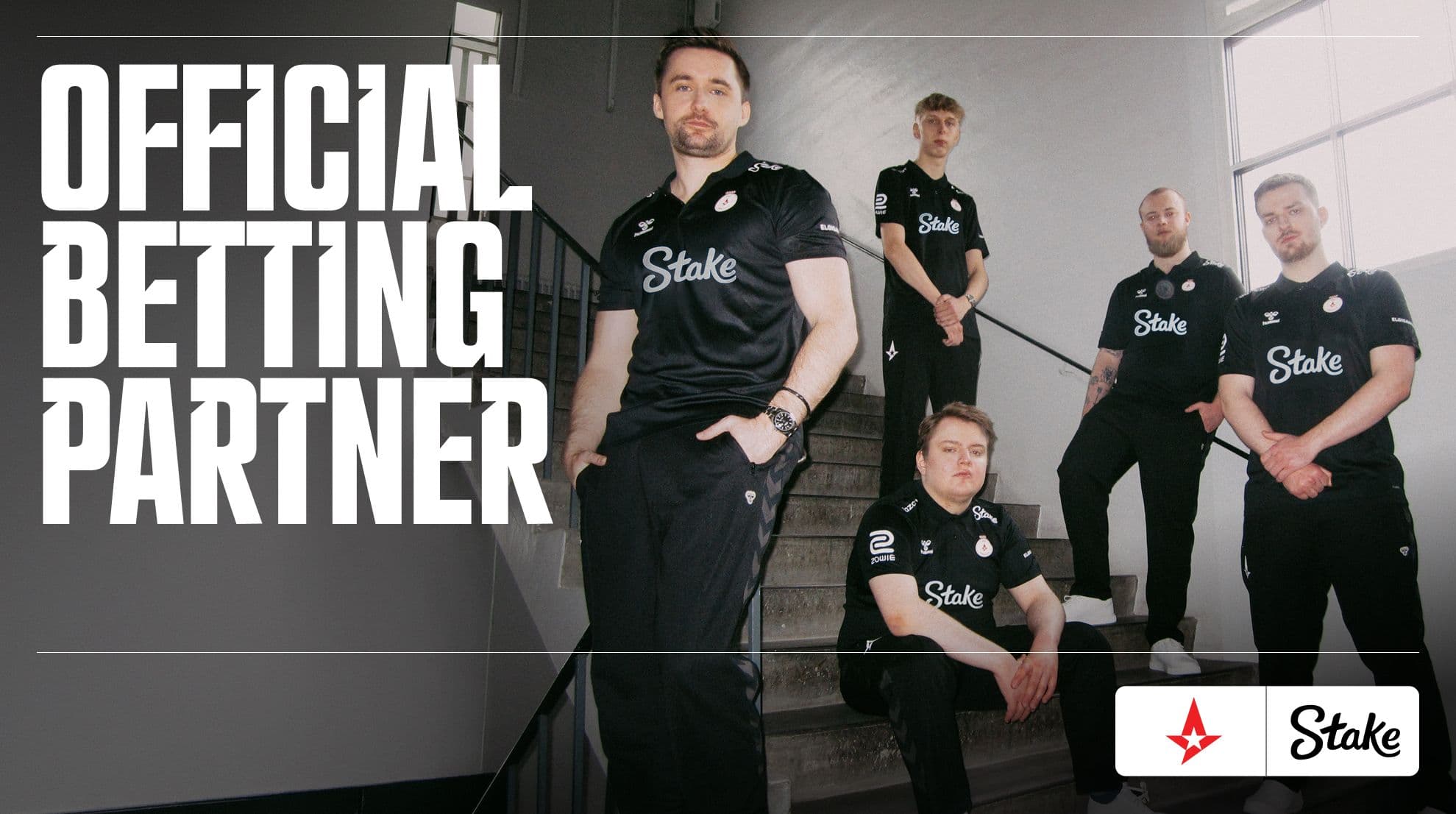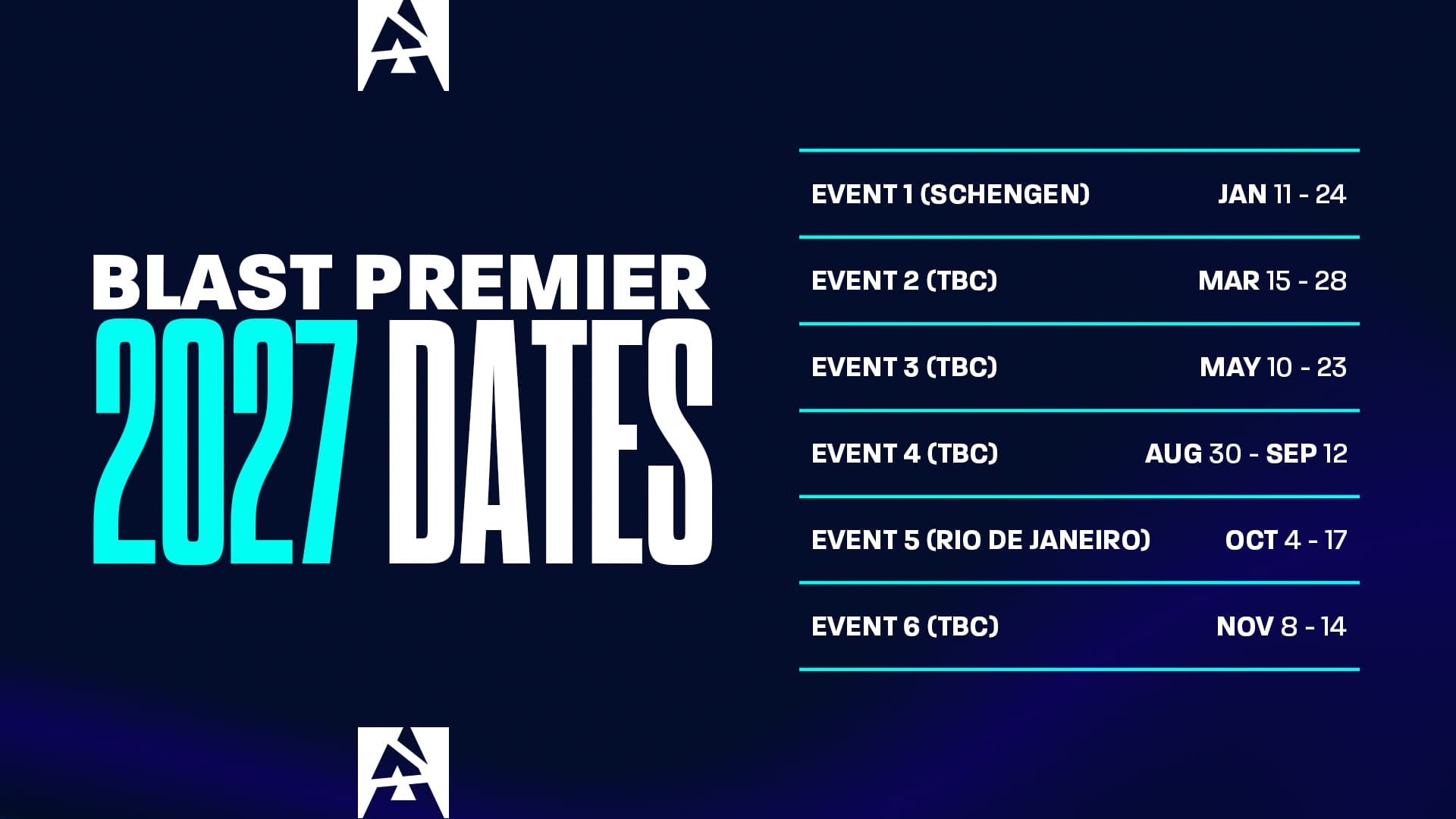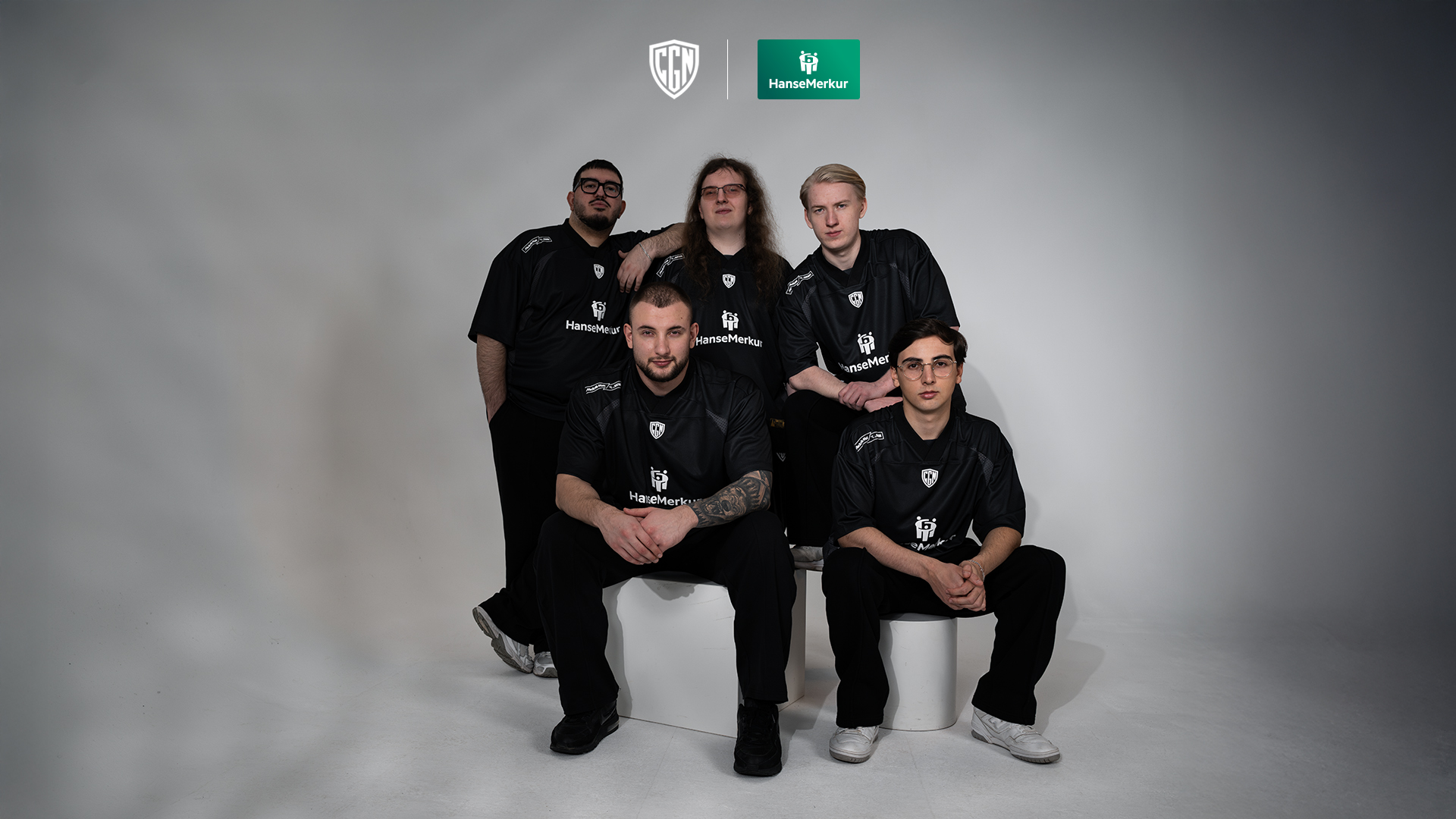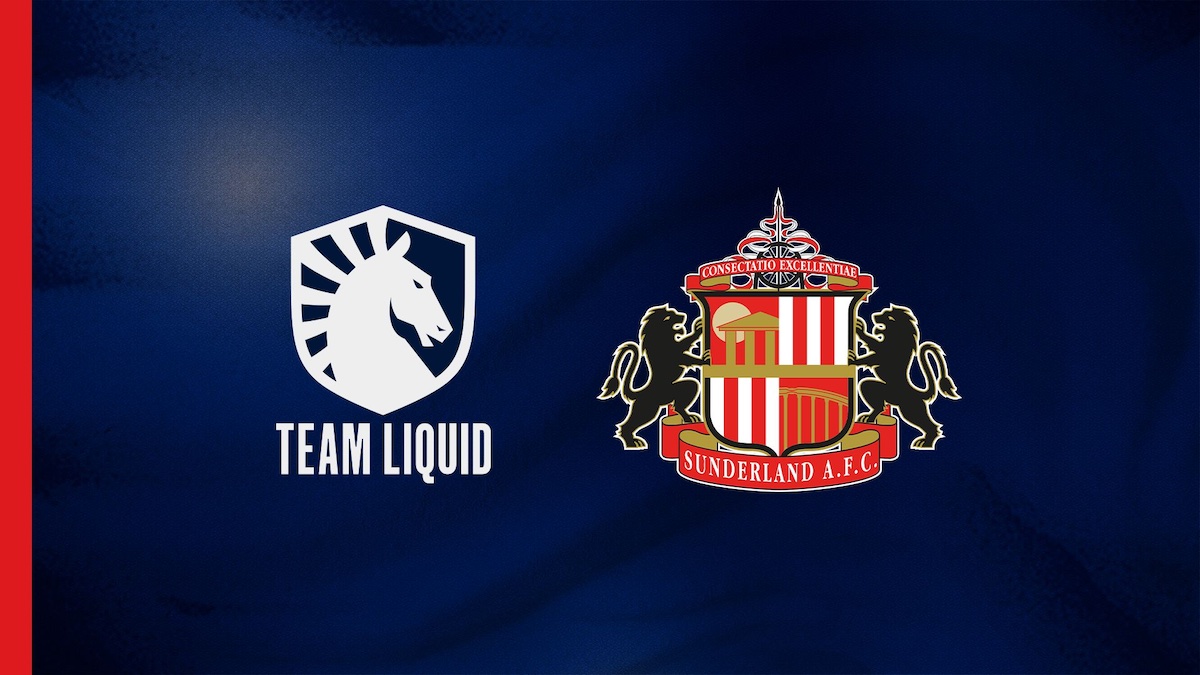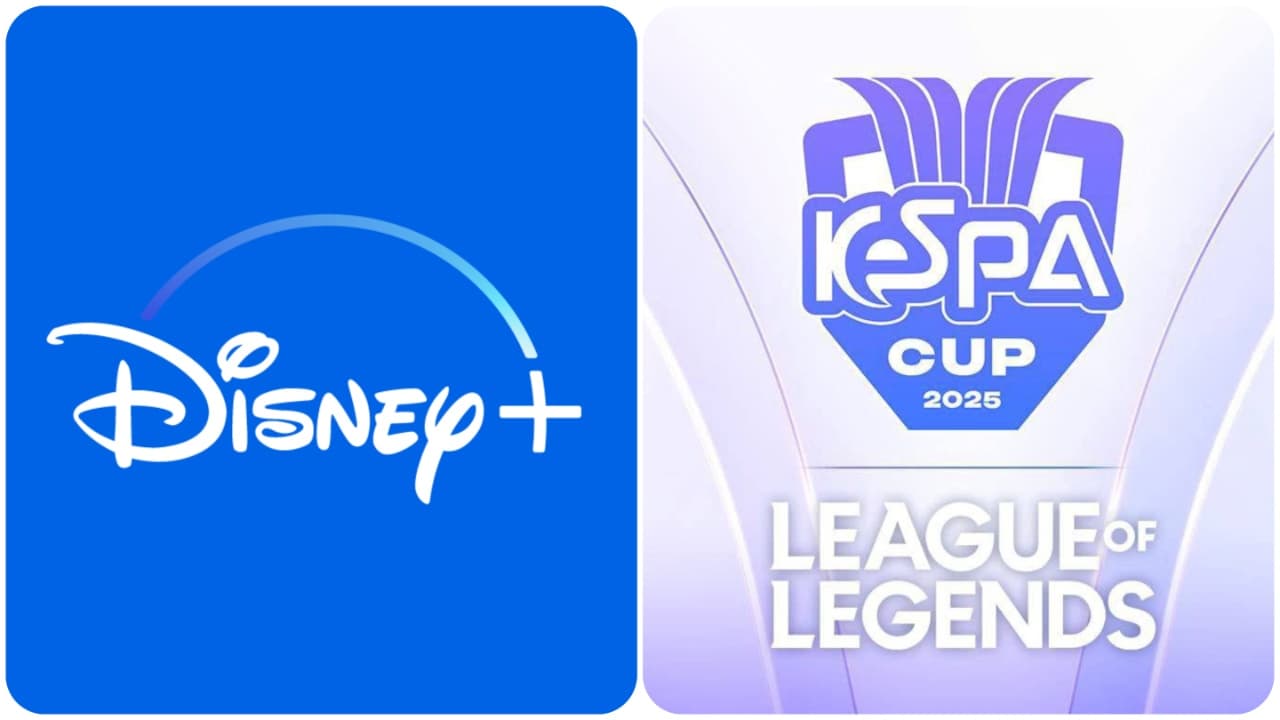In his first interview since his appointment as Content Manager for paiN Gaming—a rare instance where he was not conducting the interview himself—Bruno “Butcher” Pereira outlined to The Esports Radar his strategic vision for the role, while providing a sobering analysis of the challenges facing contemporary esports journalism.
Pereira, whose background includes roles as a Content Specialist at Riot Games and a Journalist for outlets such as Omelete and Mais Esports, brings over a decade of industry experience to the position. The appointment, which was formally announced last week, sees the former Editor-in-Chief of Mais Esports take on a newly created position responsible for leading content creation, structuring the team, and defining the creative pillars for the brand.
In his new role, Pereira said his responsibilities also include connecting with the community beyond competitive results, helping to elevate players into idols and creating content around other areas like lifestyle, using influencers who operate outside the core gaming niche.
However, he acknowledged the inherent tension between his journalistic instincts and the organisation’s perspective. “My journalistic side looks to expose more… and from the organisation’s side, obviously we also have to have this concern of protecting the players, of protecting the brand.” He noted that there have been “very interesting debates” within paiN, which he sees as open to understanding the points he brings from his journalistic career.
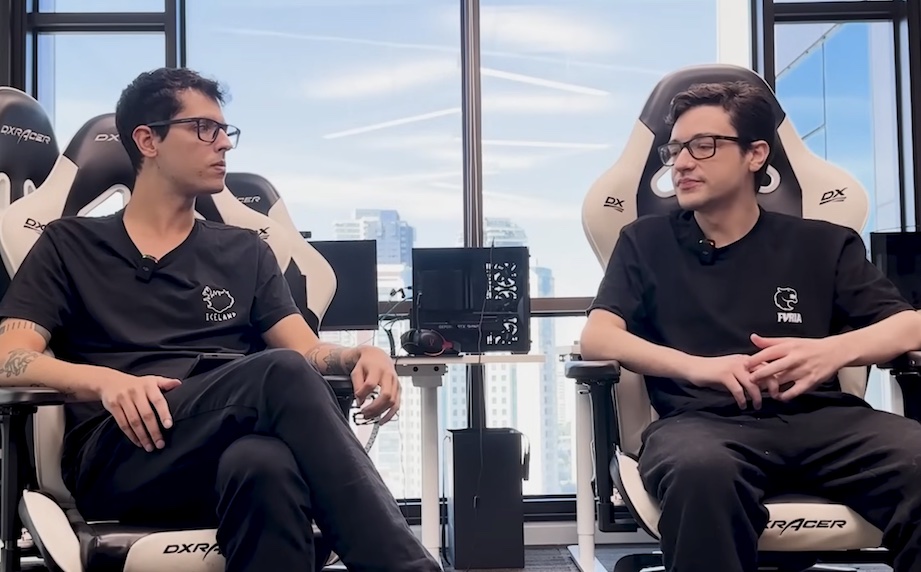
When asked about what led him into transitioning from leading a news outlet to joining an esports organisation, Pereira revealed the career crossroads he faced: “It was a period where many things passed through my head,” he stated, explaining that after leaving Mais Esports, he had even considered leaving esports entirely.
He attributed this to the seniority he had gained, noting, “If I wanted to increase my seniority even more, to run more projects, there was no way for me to stay in press, to stay in content journalism in Brazil.”
Pereira then provided a clear-eyed assessment of the pressures on esports journalism today, identifying two principal challenges:
“The first of them is very much related to the consumption of content by the community itself,” Pereira explained. “People don’t want to read an article anymore. People, many times, don’t have the patience to read an article or watch a long video.”
He illustrated this with an example from his time at Mais Esports, where viewers often preferred to watch their content via a streamer reacting to it, which could divert viewership and financial returns away from the original publisher.
“The other [challenge],” he continued, “is that the power of information today has become diffused.” He pointed to the rise of influencers and content creators who, while often faster and more directly connected to the community, may not operate with journalistic ethics. This, he argued, leads to a deficit in investigative reporting, which requires more time and resources to get content live.
“Nowadays, compared to before, we obviously had a professionalisation of the scene, but nowadays we don’t see as many stories, for example, that talk about such-and-such teams, such-and-such organisations not paying players or not having structure… Why? Because there aren’t as many journalists in the area.”
Also read: Esports Illustrated ceases operations
Despite the challenges, Pereira ended on a hopeful note for aspiring esports journalists. “I don’t think we are at a low point for esports journalism in Brazil,” he asserted, pushing back against a narrative of decline. “I would not like people to think that esports journalism has died.”
He believes the current challenges with influencer-driven content are cyclical and that there is a future for those willing to pursue journalism with passion and ethics, encouraging new talent to enter the field, stating, “do it, enter. You can be a factor of change.”
Pereira bases his optimism on two factors. Firstly, he believes that the current scarcity of journalists will itself create a market need for more dedicated, journalistic content. Secondly, he is confident that a new wave of journalists, who have grown up native to the evolving language and formats of digital media, will be able to pioneer new and sustainable ways of producing it.
“If there is a generation that can re-insert journalism, the importance of journalism, it is this one,” Pereira concluded.



